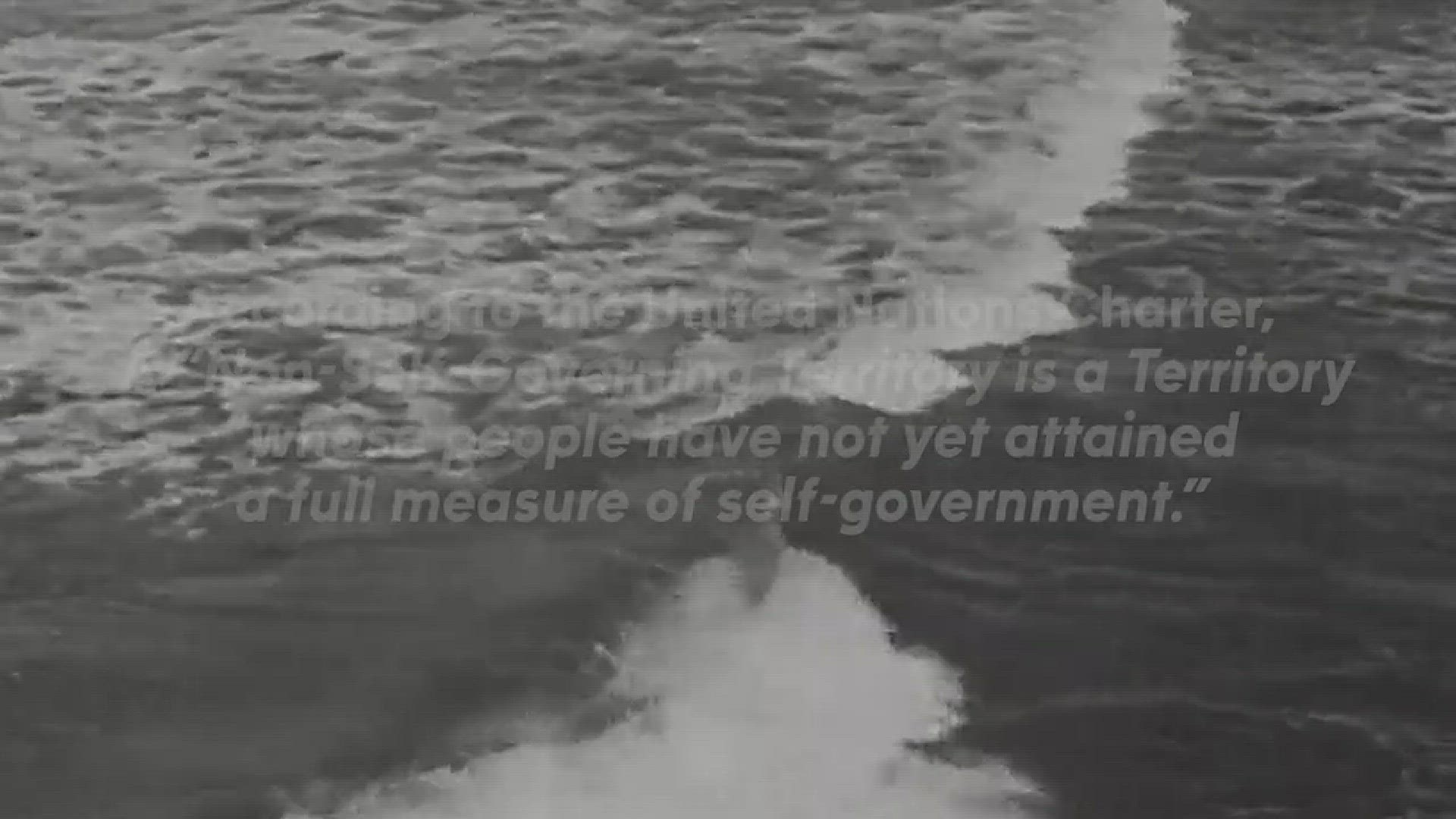The story of Puerto Rico's recovery is more complicated than you think.
According to the United Nations Charter, a "Non-Self-Governing Territory" is a territory "where people have not yet attained a full measure of self-government."
In 1953, Puerto Rico was removed from that list.
Whether seeking annexation or independence, many argue that the island is still a colony of the United States.
On September 20, Hurricane Maria ravaged my homeland, Puerto Rico.
Like the rest of the Puerto Rican diaspora, I was desperate to come home and help.
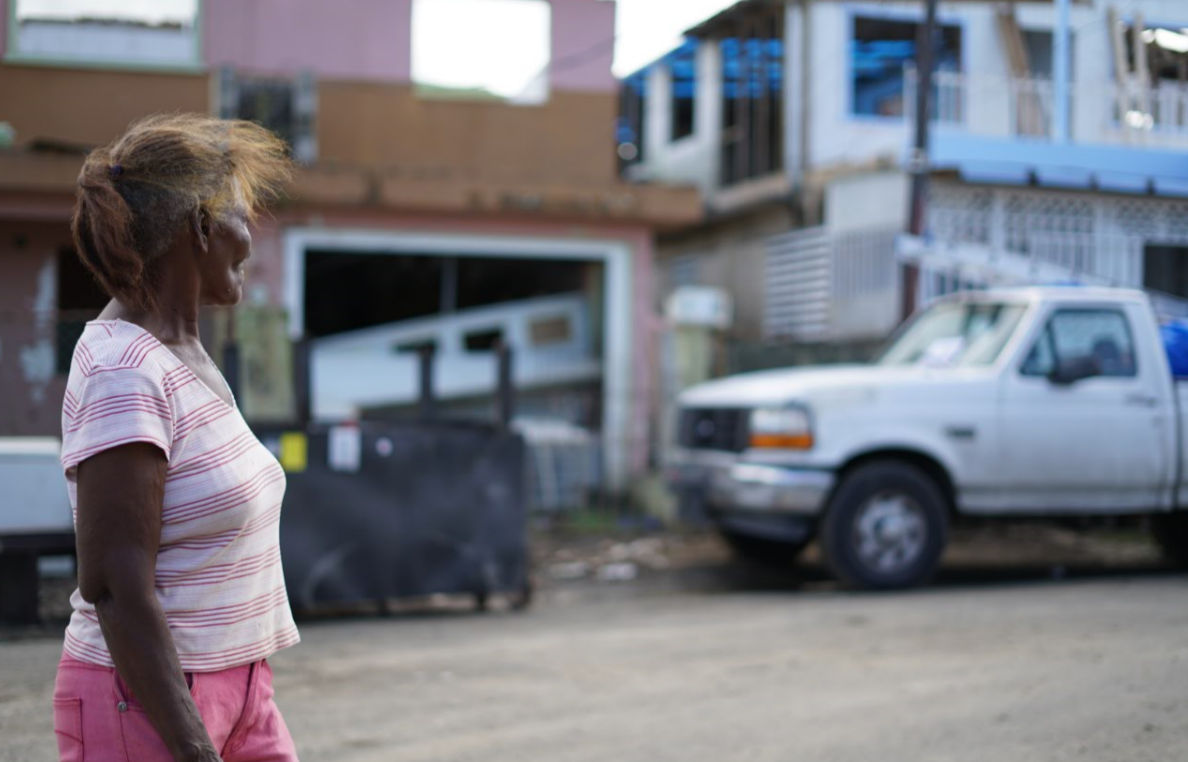
After two and a half months I finally got home to find entire towns were still without power, as were a majority of Puerto Ricans.
The official death toll was 62, but various investigations placed it at over 1,000 just within the two months that followed the storm, and nearly 1,000 people remained in shelters.
In late November, a Washington Post analysis concluded that most U.S. media outlets picked up the Maria Story after San Juan Mayor Carmen Yulín Cruz started calling out President Donald Trump for what she considered a slow and inefficient federal response.
"So I had a platform and I can either use it to say that things were going well and engage in the lie, or be the echo of the voices that were telling the truth," said Cruz. "I know I will never start a fight but I will finish them all."
"We got an A+ in Texas, we got an A+ in Florida," said President Trump in an interview with Geraldo Rivera. "And we may have done our best work here but it hasn't been appreciated."
Cruz disagrees with Trump's assessment. "The president was trying to say something that wasn't true."
"I've seen hunger," explains Cruz. "I've seen thirst. I've seen pain. I have seen people with their souls shattered. Hopelessness, which is the worst kind of devastation, and I've seen the best of the human spirit."
Cruz believes Trump has misled a lot of people when he says that he does just fine and Puerto Rican's just want everything done for them.
"He doesn't have the capacity to feel empathy for people because he has never had to deal with stuff like that."
The governor of Puerto Rico, Ricardo Rosselló estimates the damages of Maria and Irma at $94 billion. That's $94 billion that Puerto Rico needs to recover from the disasters.
So far, the only post-Maria funds Congress has approved for Puerto Rico at $4.9 billion in the form of a loan in order to keep the local government operating through December, and those funds haven't arrived yet.
When the White House submitted a $44 billion disaster relief package for Congressional approval, it was only to address Florida and Houston's hurricane damages.
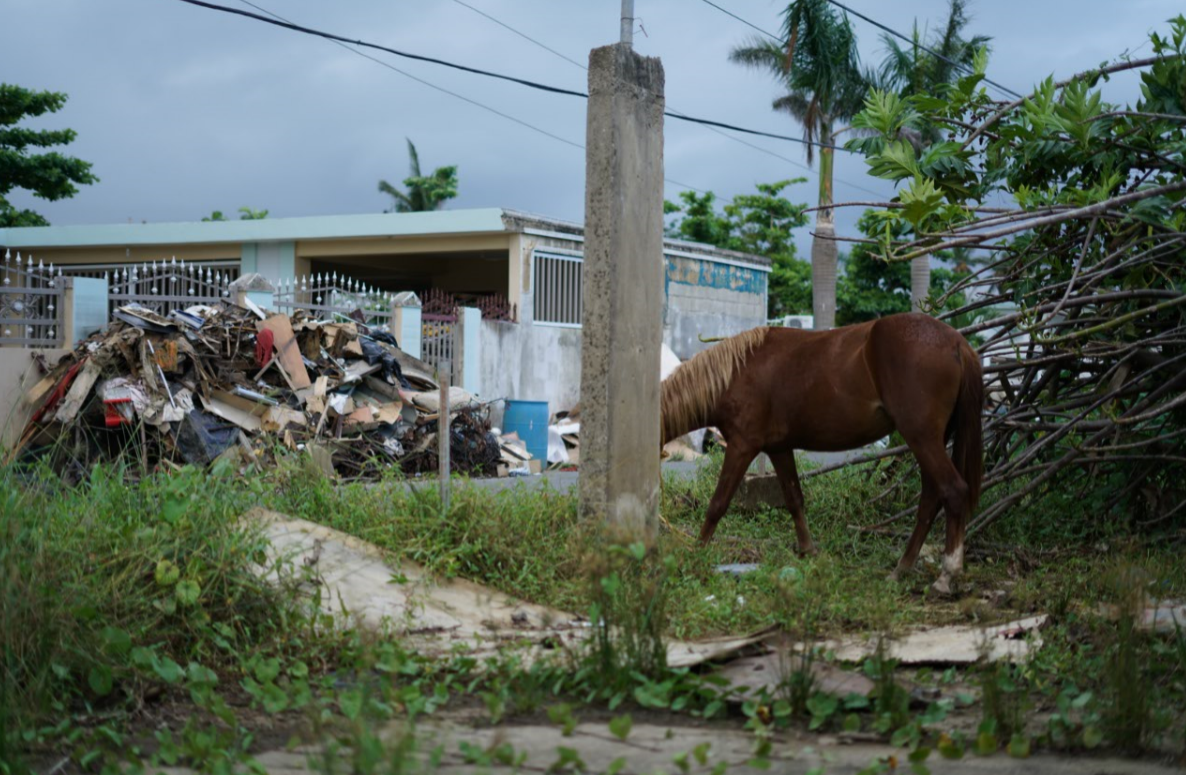
"We need to have equitable treatment," said Rosselló. "We need to have that happen in Congress."
In our conversations and travels through the island, it became clear that people were most frustrated with the bureaucratic delays. Accusing FEMA of hoarding supplies that people needed to survive while they figured out distribution plan as other delays in providing housing assistance.
"The bureaucracy is such that a city level has to make a request to FEMA at the state level and the FEMA state level approves it, then send it to the U.S. national level," said Cruz. "So it's just so much bureaucracy."
We spoke to FEMA to try to understand where federal aid stands. So far the agency has announced they have topped the billion dollars in aid to the island, but the island will need way more.
FEMA can say they'll stick around for long, but one of President Trump's most controversial tweets, two weeks after the hurricane, said that "the U.S. can't keep FEMA and the military in PR forever..."
He is right, in that Puerto Rico's energy company PREPA and its grid was inefficient, dilapidated and also very expensive for consumers before the storm.
Senator Bernie Sanders introduced a $146 billion Marshal Plan in November for Puerto Rico and the Virgin Islands that seeks to build more modern, resilient energy systems, transforms multiple public sectors, promote economic development and facilitate needed debt relief for the island.
Cruz is not confident that that plan will pass in the current Congress.
"It's not! It's not, but you know you have to fight the good fight because it keeps the dialogue going."
"I've said this many times," said Cruz. "We will no longer be able to hide our inequality or inefficiencies, or discrimination which there is. And our poverty behind Piña Coladas and palm trees."
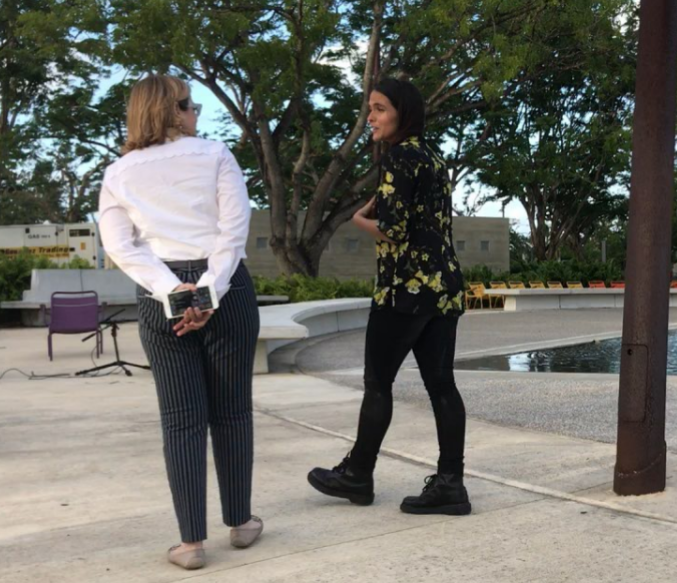
Recovery for Puerto Rico is a steep uphill road because the island's economy was already in shambles. Before Maria, Puerto Rico was suffering a profound financial crisis unable to pay off a $75 billion debt.
To understand the debt you have to look at what made up Puerto Rico's economy and its relation to the United States.
We spoke to Hiram Meléndez Juarbe, a professor of constitutional law about the relationship between Puerto Rico and the U.S.
"We are a non-incorporated territory of the United States," said Meléndez Juarbe. "We belong to, but are not part of, the United States, and then we are foreign to the United States in a domestic sense. But in an international sense, we're domestic."
Confused? Welcome to the Commonwealth of Puerto Rico.
"The Heart of the relationship is still colonial," said Meléndez Juarbe.
Puerto Ricans are American citizens, but they cannot vote in presidential elections unless they move to the United States. They have no representation in Congress, however, Congress has the ultimate authority over the affairs of the island.
For decades the Puerto Rican economy consisted primarily of enclaves of American corporations that benefited from tax incentives created by Congress. A setup experts believe created a dependence.
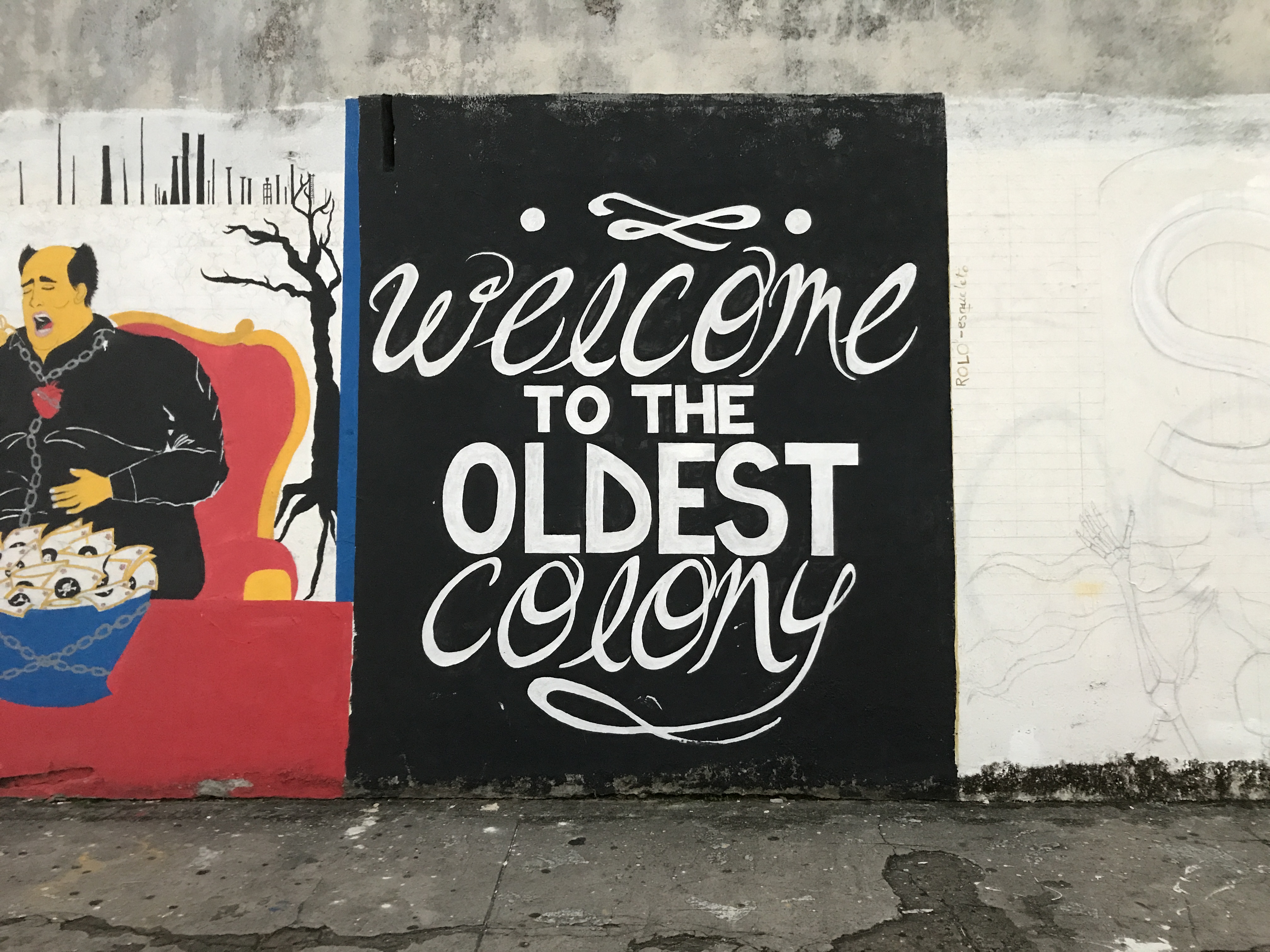
"So Congress does not have to treat Puerto Rico in the same footing as other states for tax purposes," said Meléndez Juarbe. "What that meant for a big part of the twentieth century was that Congress would provide for U.S. companies doing business in Puerto Rico a preference in their tax treatment. So, that encouraged a bunch of U.S. companies to establish operations in Puerto Rico and do that we while having a good tax treatment in the U.S. that's why PR was very attractive for many companies. In the later days of that regime, pharmaceutical companies and so on established here
In the 90's Congress began phasing out those incentives, but the island's economy had already grown around those corporations.
The end result was a hollow economic model so Puerto Rico depended so much on these companies doing business there. When they finally left Puerto Rico was left with a big hold in terms of their economic foundations.
To fill that void, in the absence of a healthy local economy, Puerto Rico resorted to borrowing.
"Bonds issued by Puerto Rico are exempt from taxes," said Meléndez Juarbe. "Which made bonds in Puerto Rico for bondholders extremely attractive.
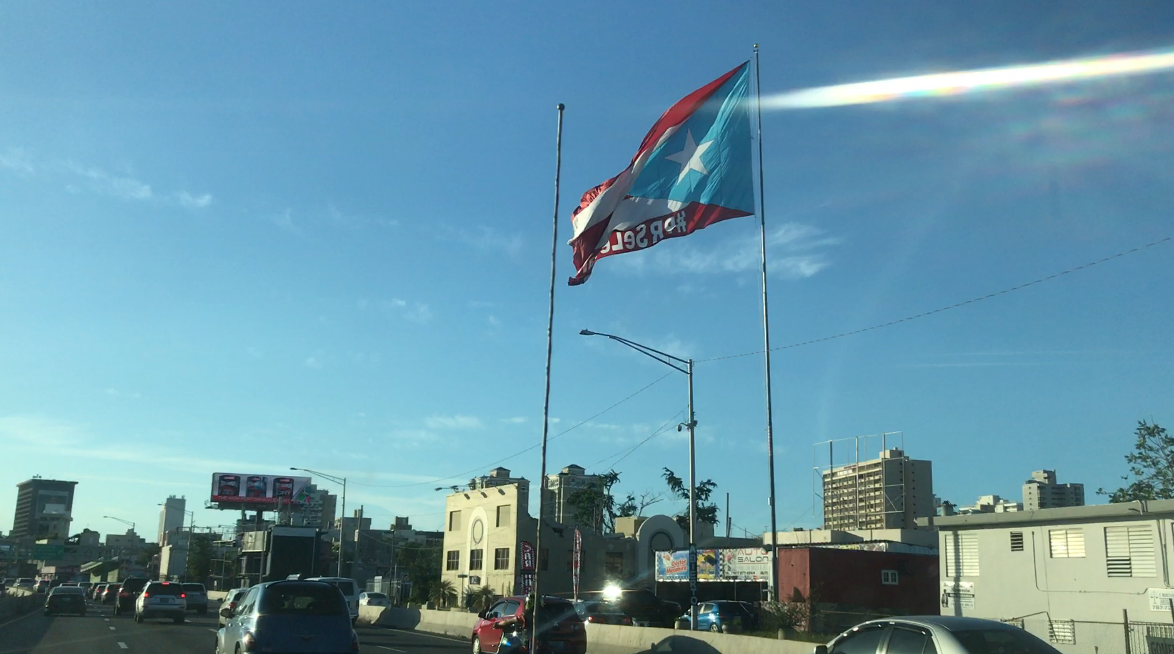
Not only were the bonds tax-exempt, but paying them back was prioritized by Congress over the funding of public services, which led to the deterioration of sectors like power, education, and health on the island.
The island's indebted municipalities and public corporations also could not declare bankruptcy.
"The fact that our economy depended so much on Those investments, it sort of, crowded out other initiatives," said Meléndez Juarbe. "It crowded out our Desire to develop our own thing."
The crisis propelled a mass exodus of Puerto Ricans to the U.S. With over 300,000 leaving the island since 2010. In the months after Maria, almost another 250,000 have left.
Now, under the Tax Reform, Puerto Rico is facing yet another massive blow.
As it imposes a new tax on subsidiaries from American companies in the island, treating the island as a foreign territory. A tax that economists agree will severely impact on Puerto Rico's GDP and could cost the island tends, in not hundreds of thousands of jobs.
"It just creates a very difficult scenario for Puerto Rico," said Cruz.
Cruz believes that if their economy had Pneumonia before Maria and Irma, the island is now intubated.
"Here is the U.S. government through Congress, unplugging the generator on our economy."
After playing nice with President Trump and Republicans in Congress, Governor Rossello has since been appearing with Democrats and tweeting that he will be campaigning in 2018 against members of Congress running for re-election, who failed to keep their promises to save the island from this blow.

